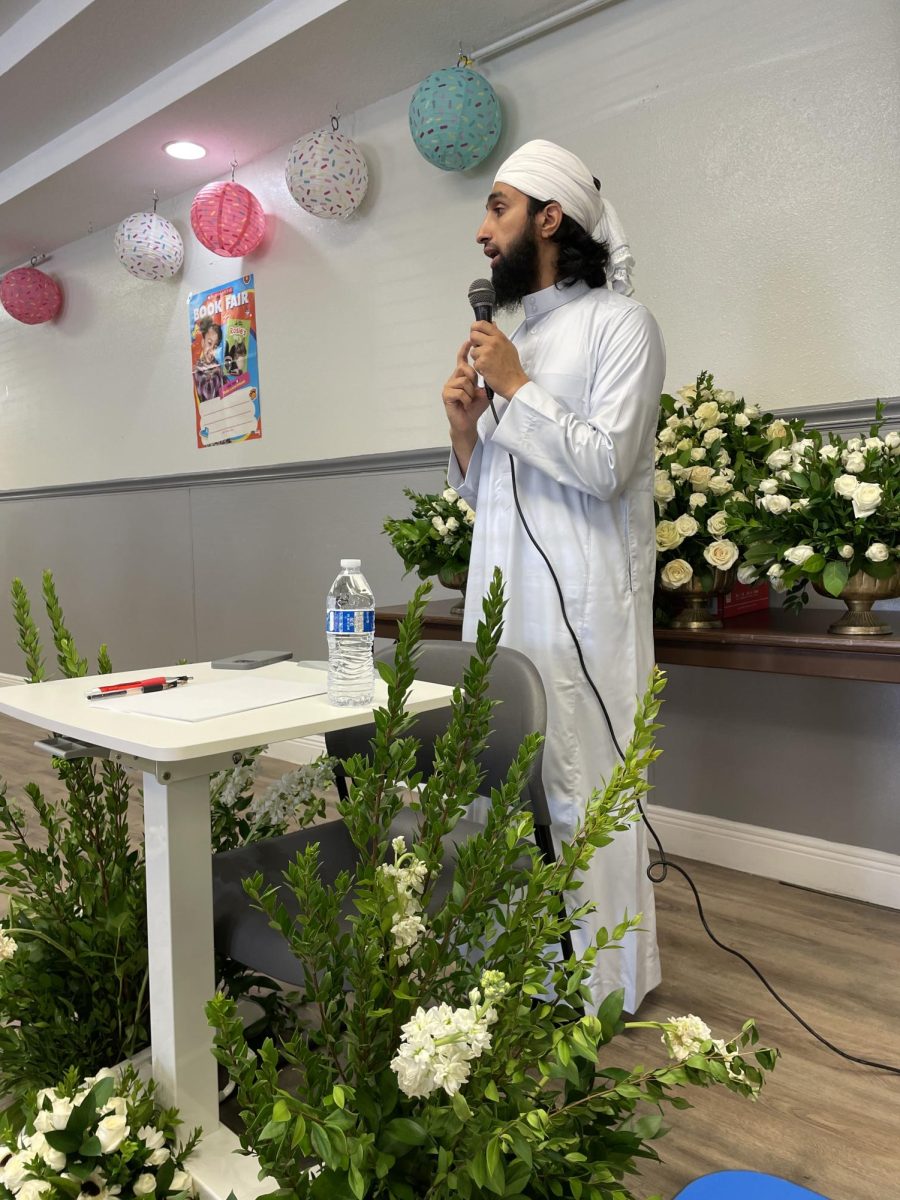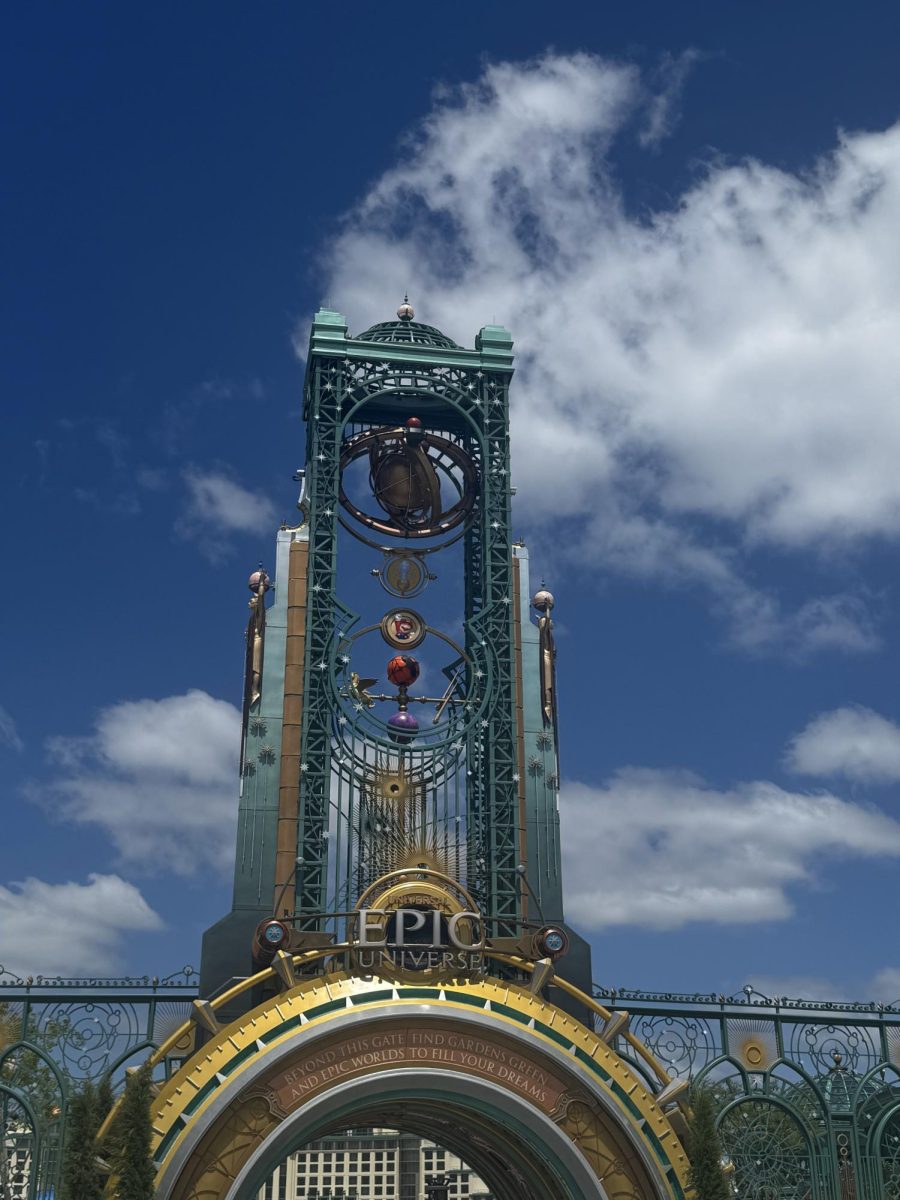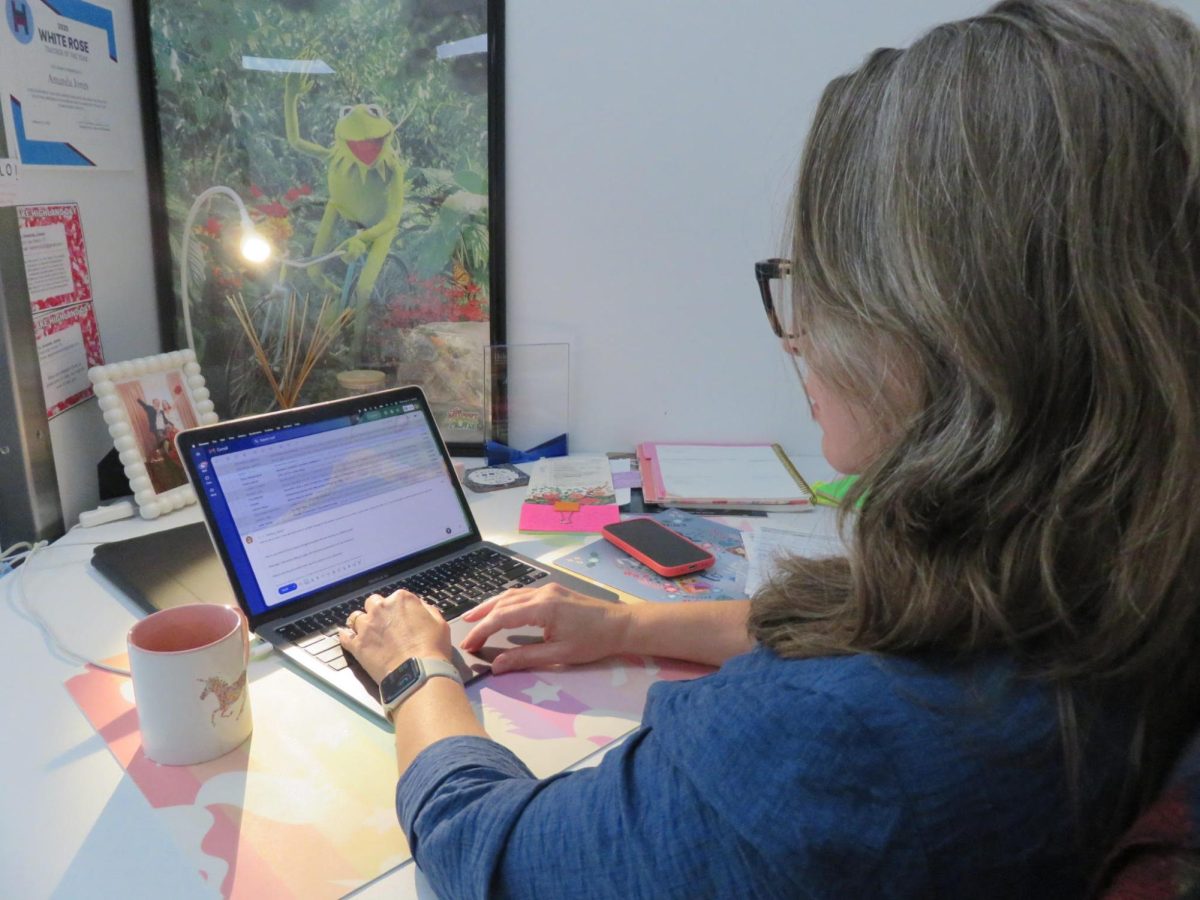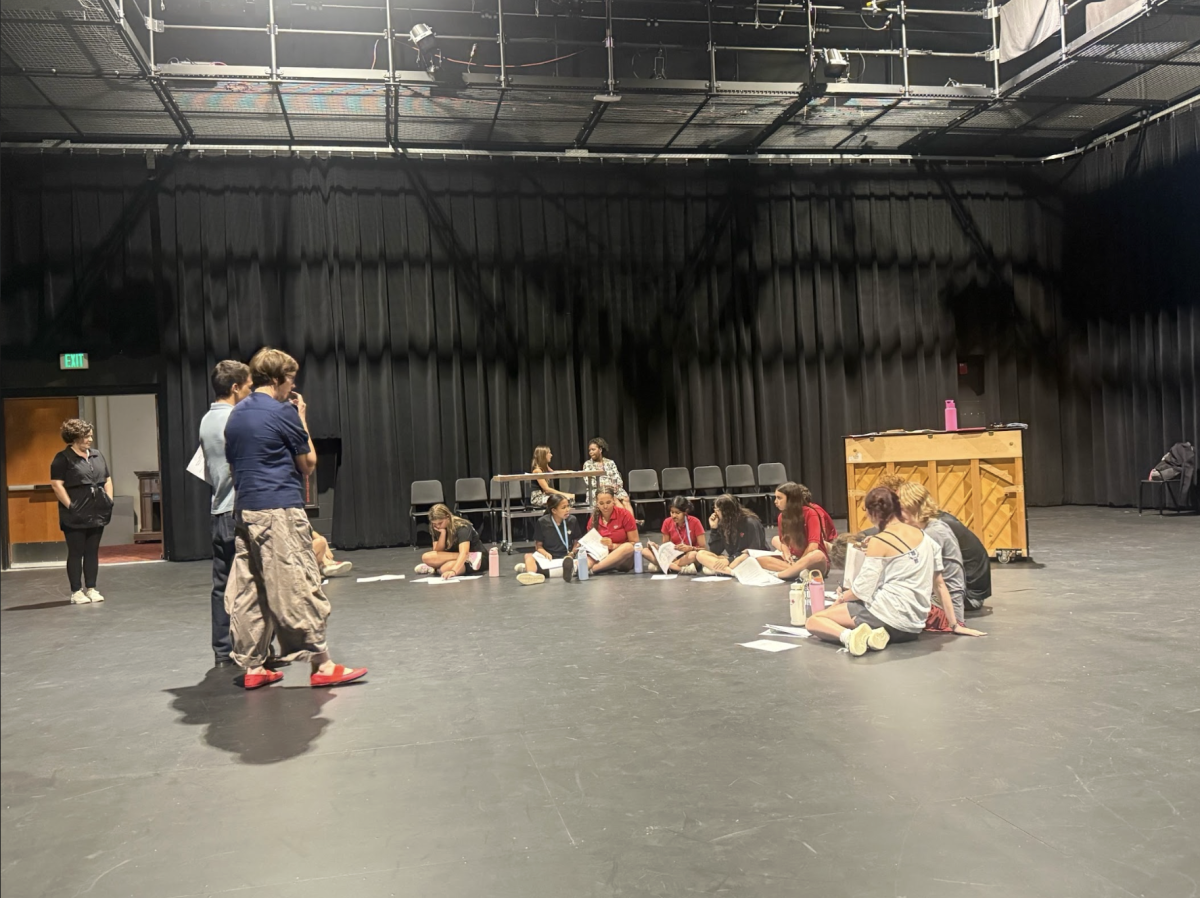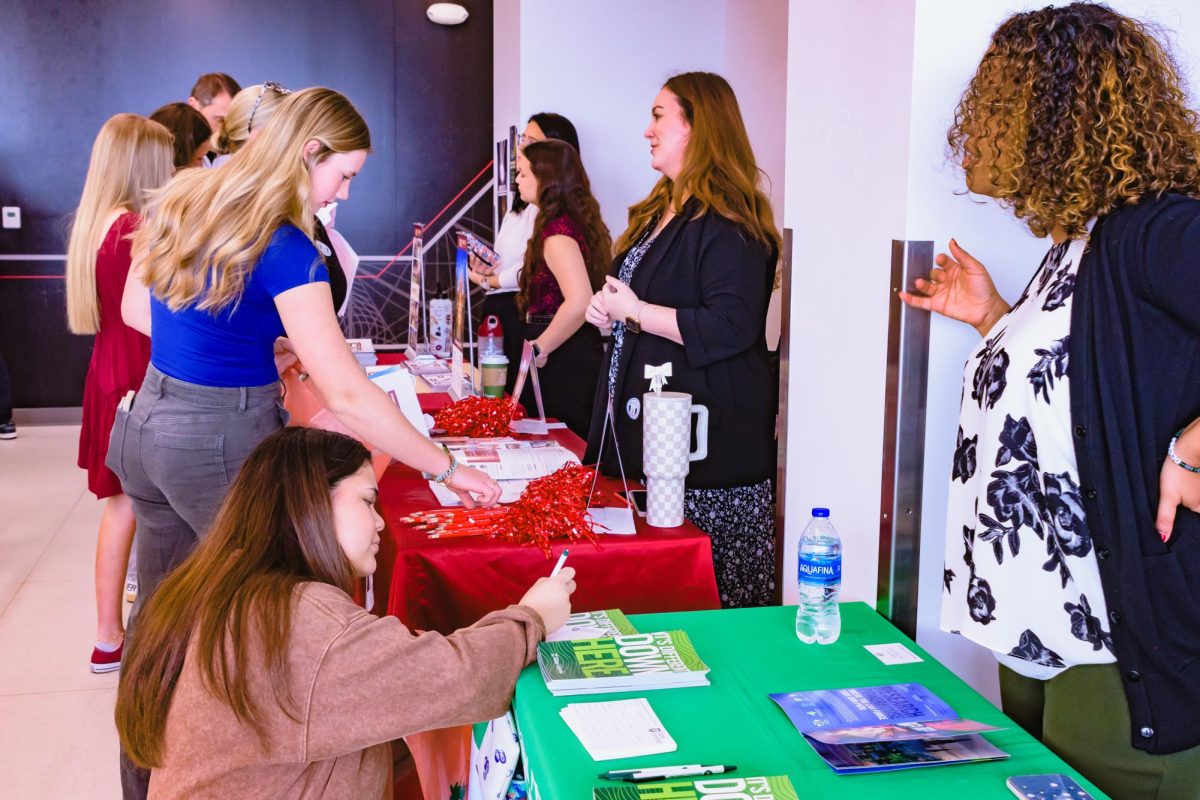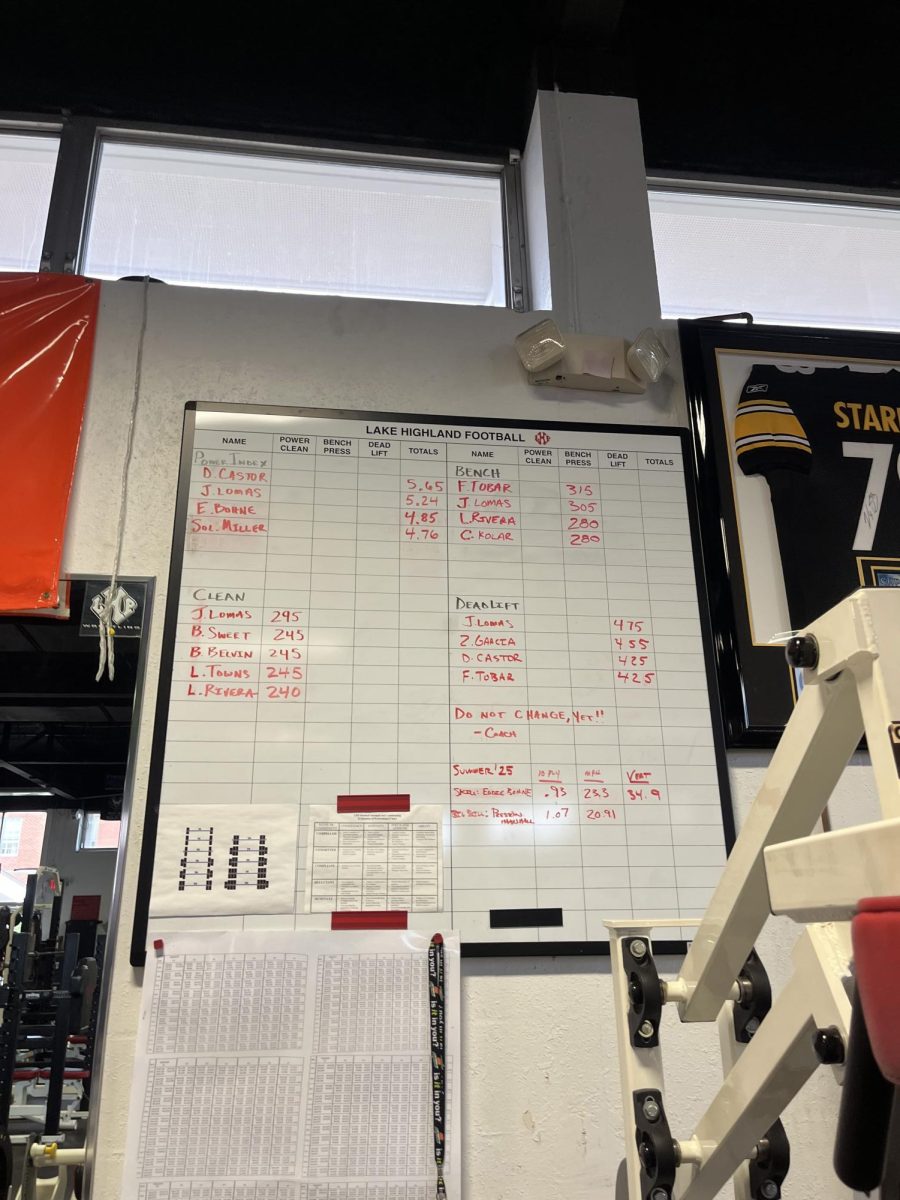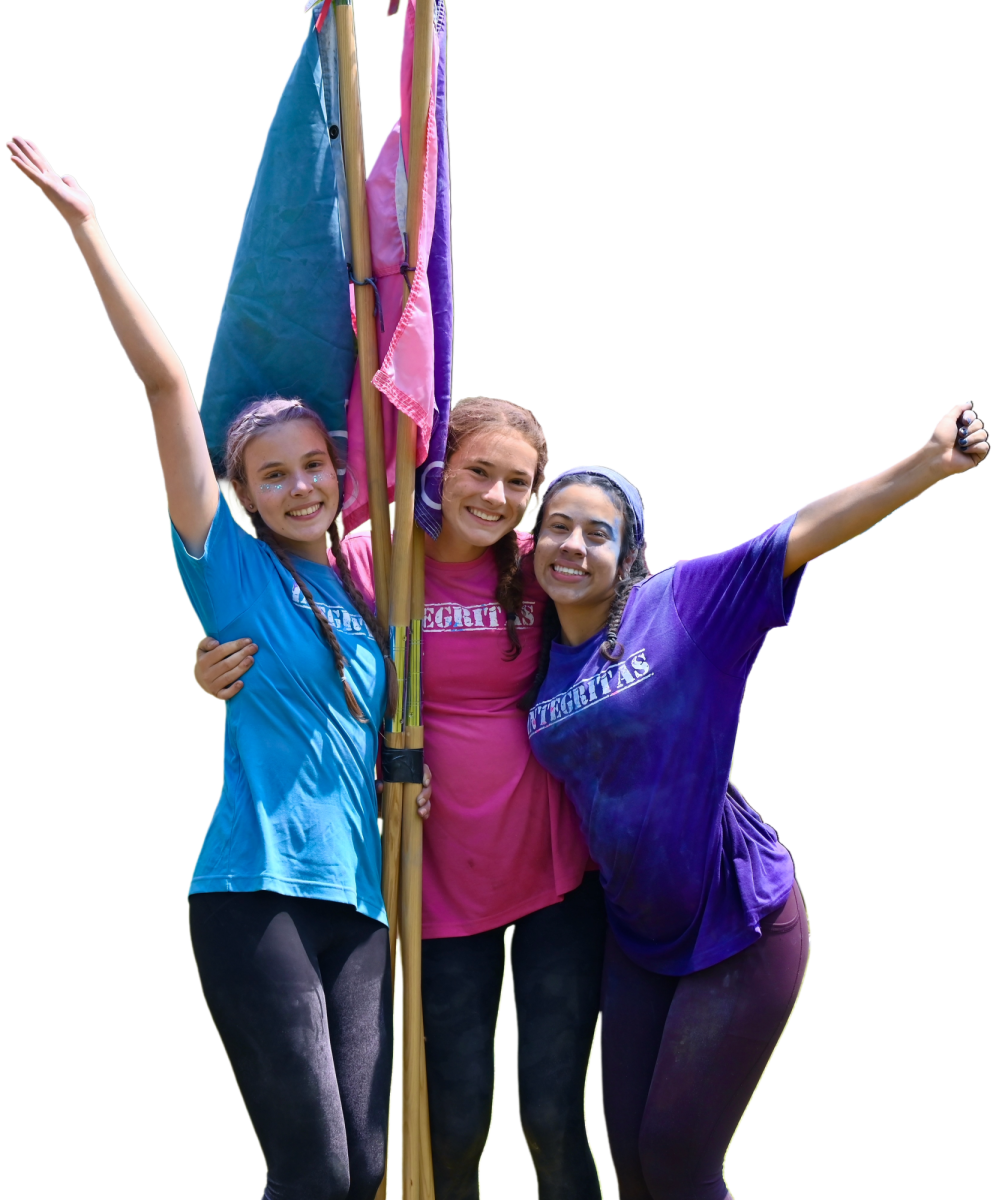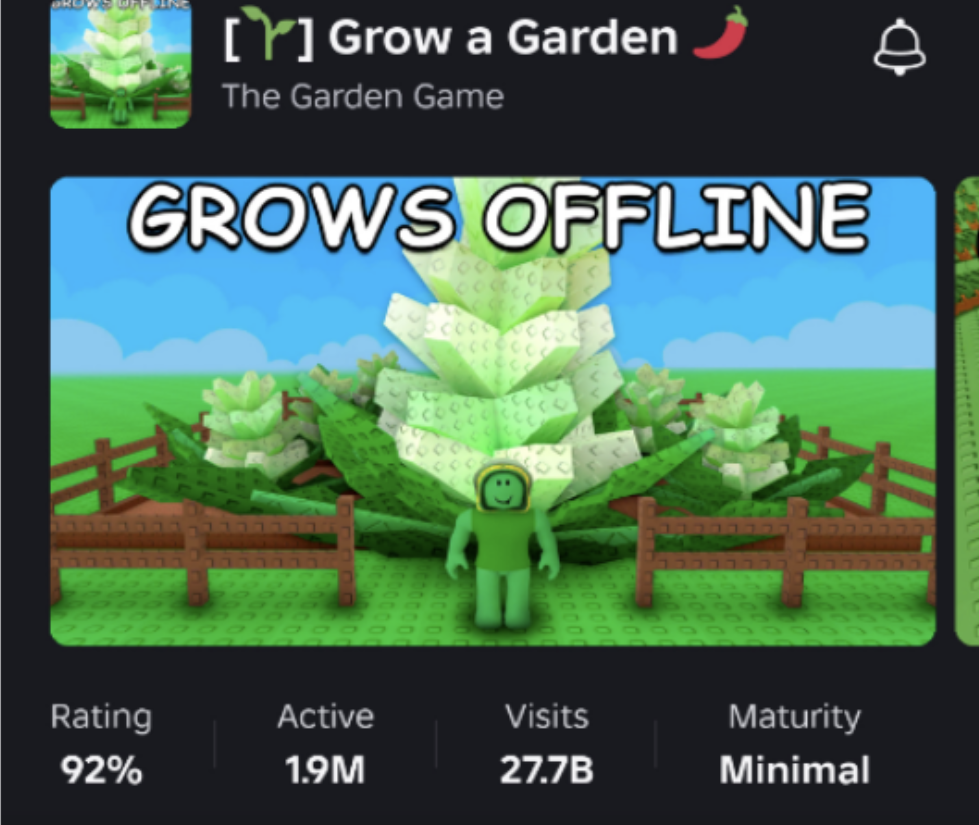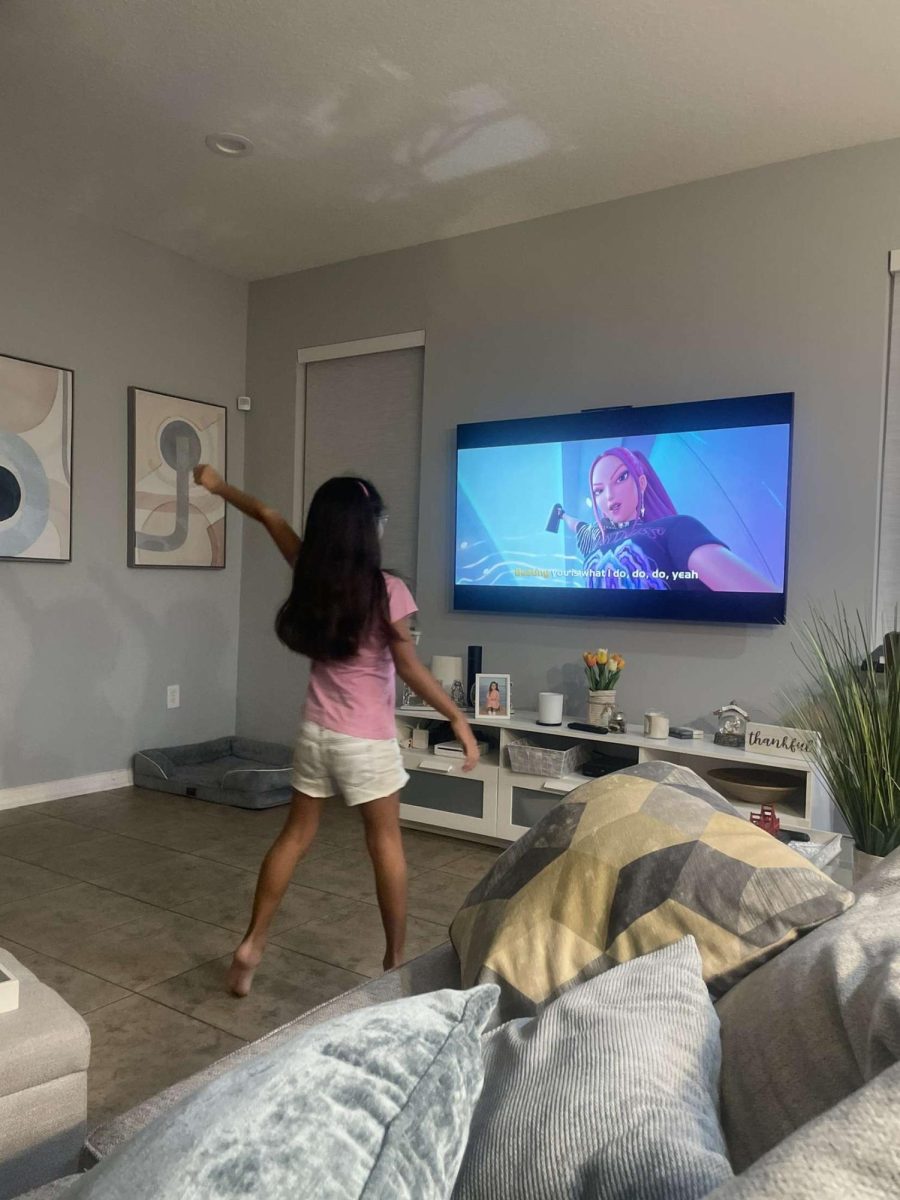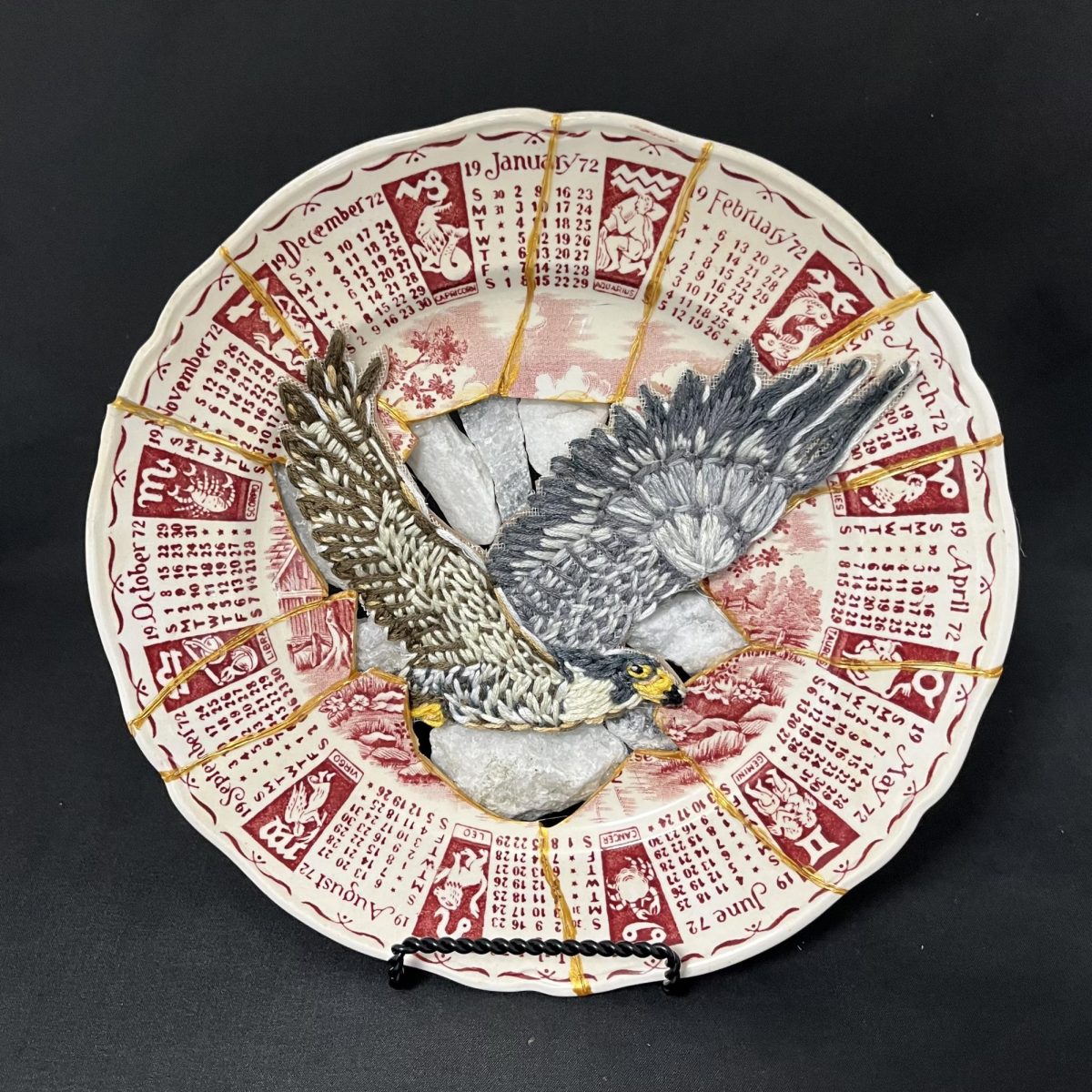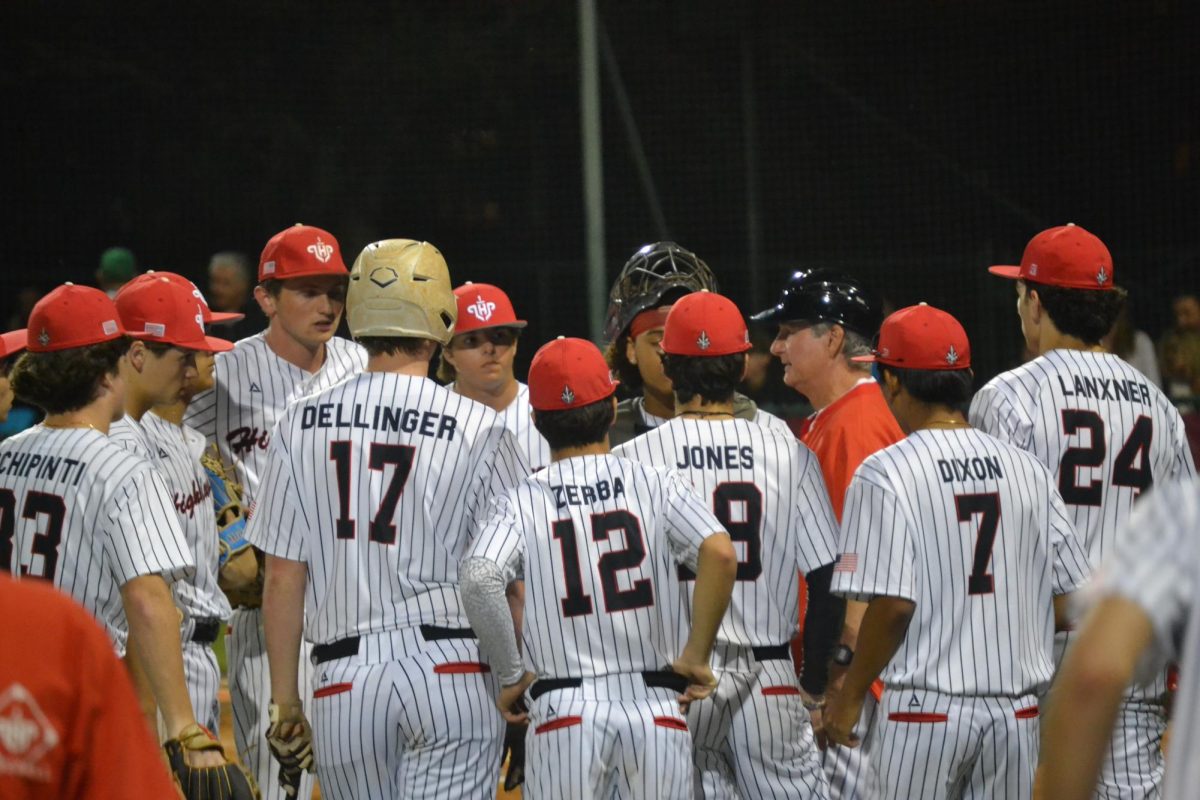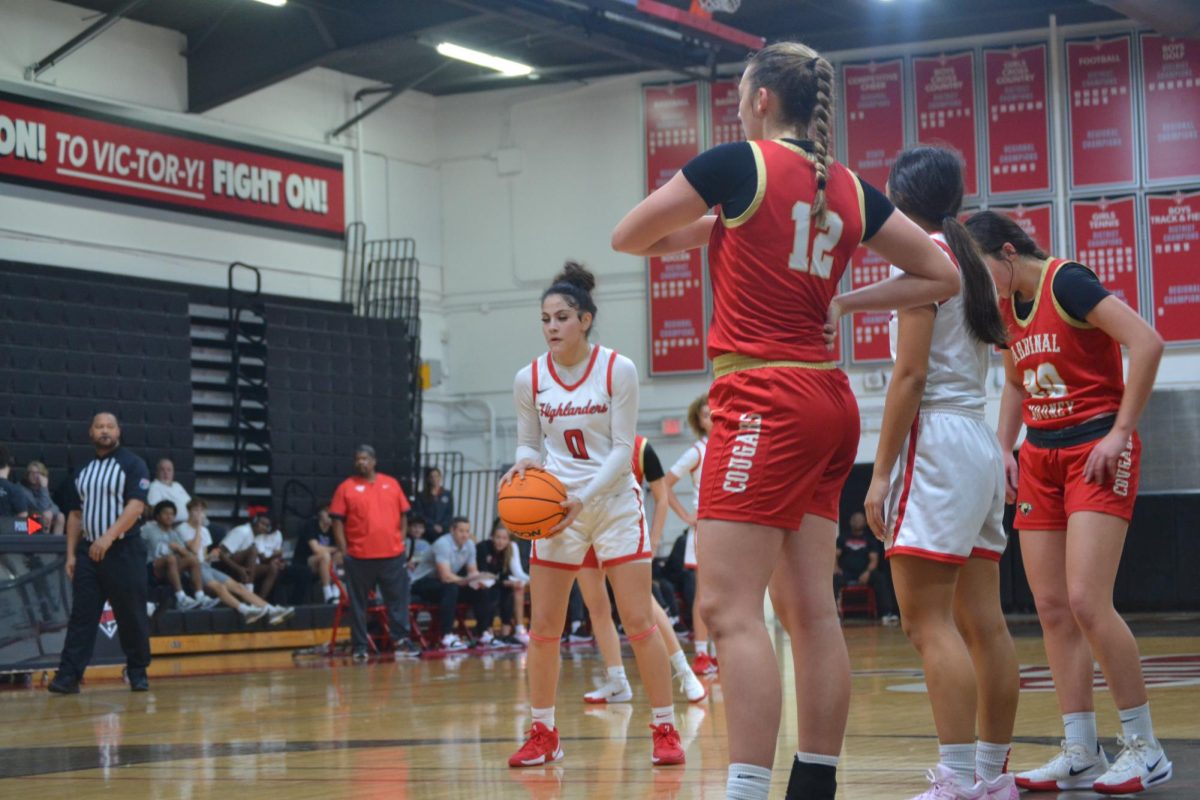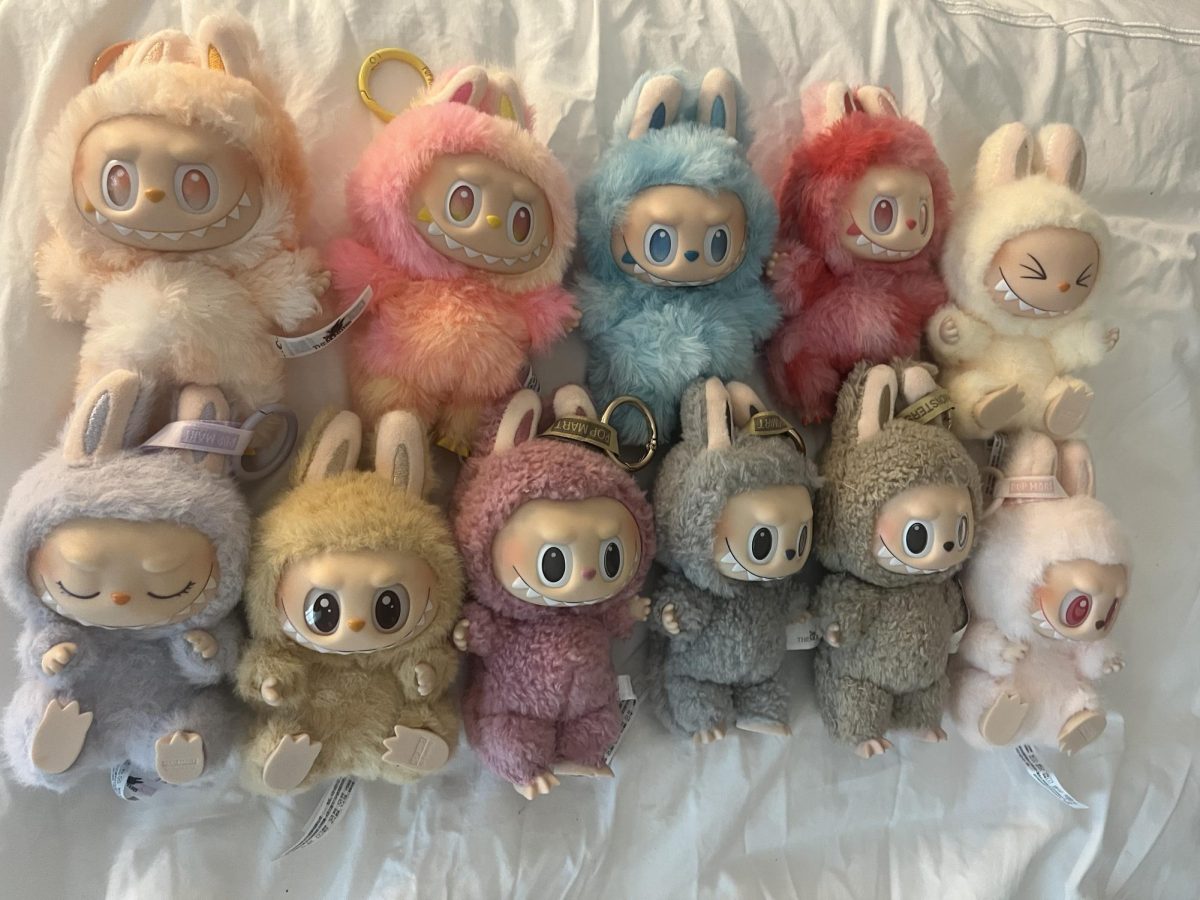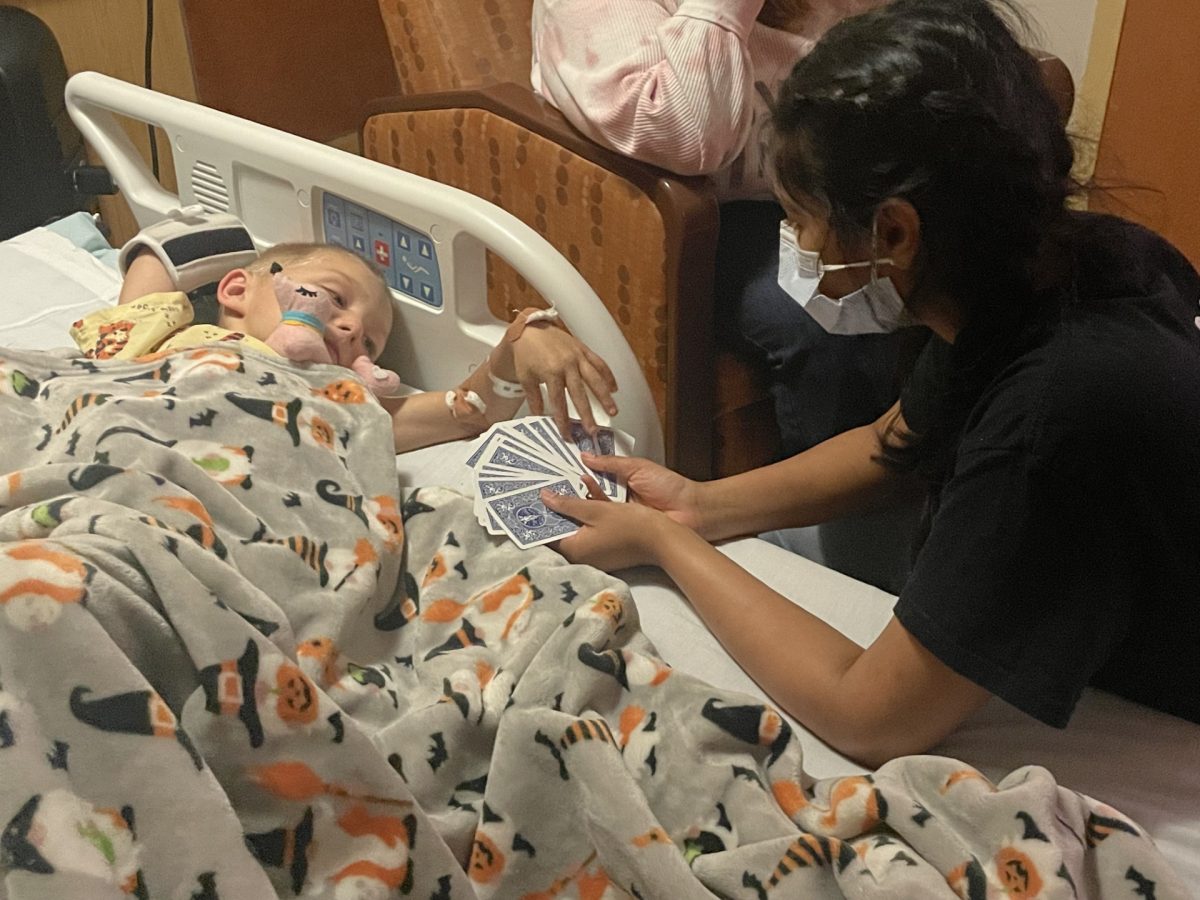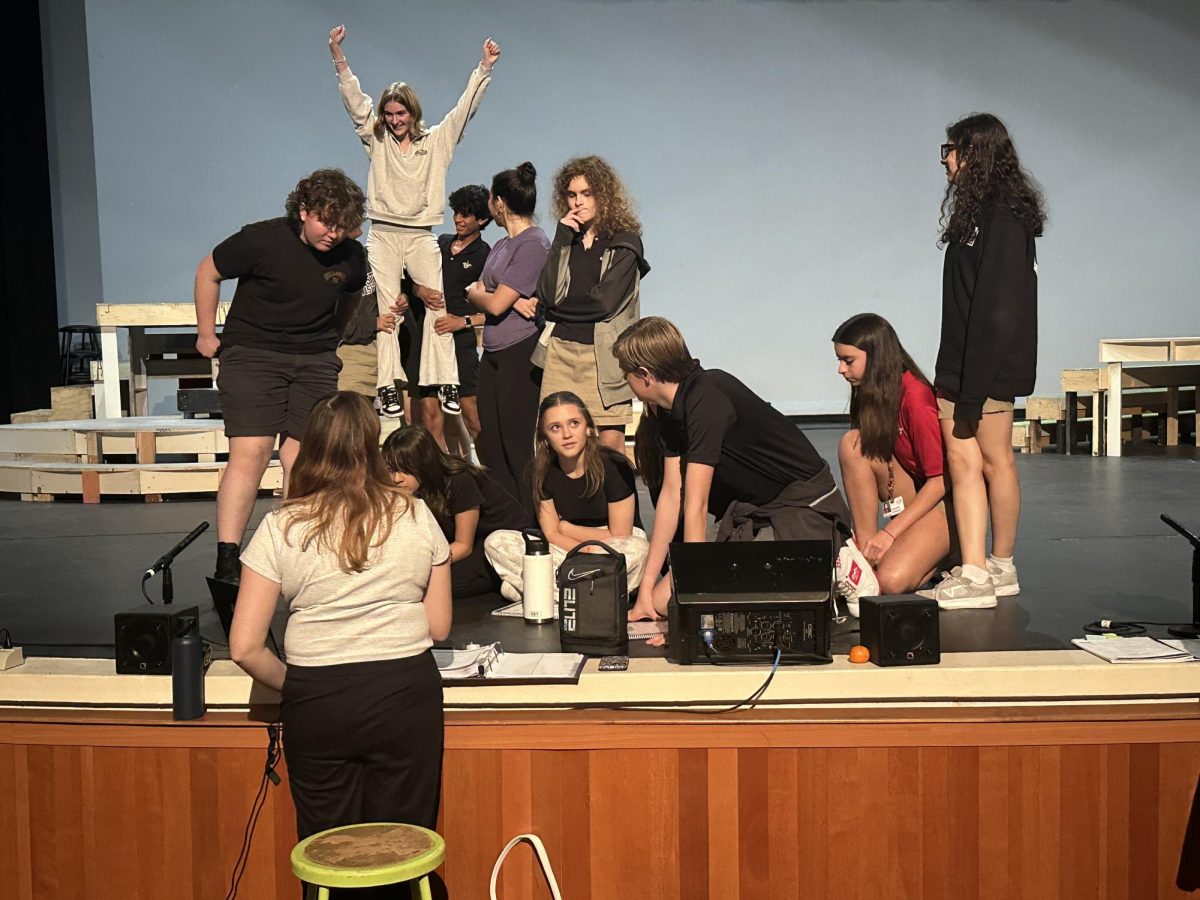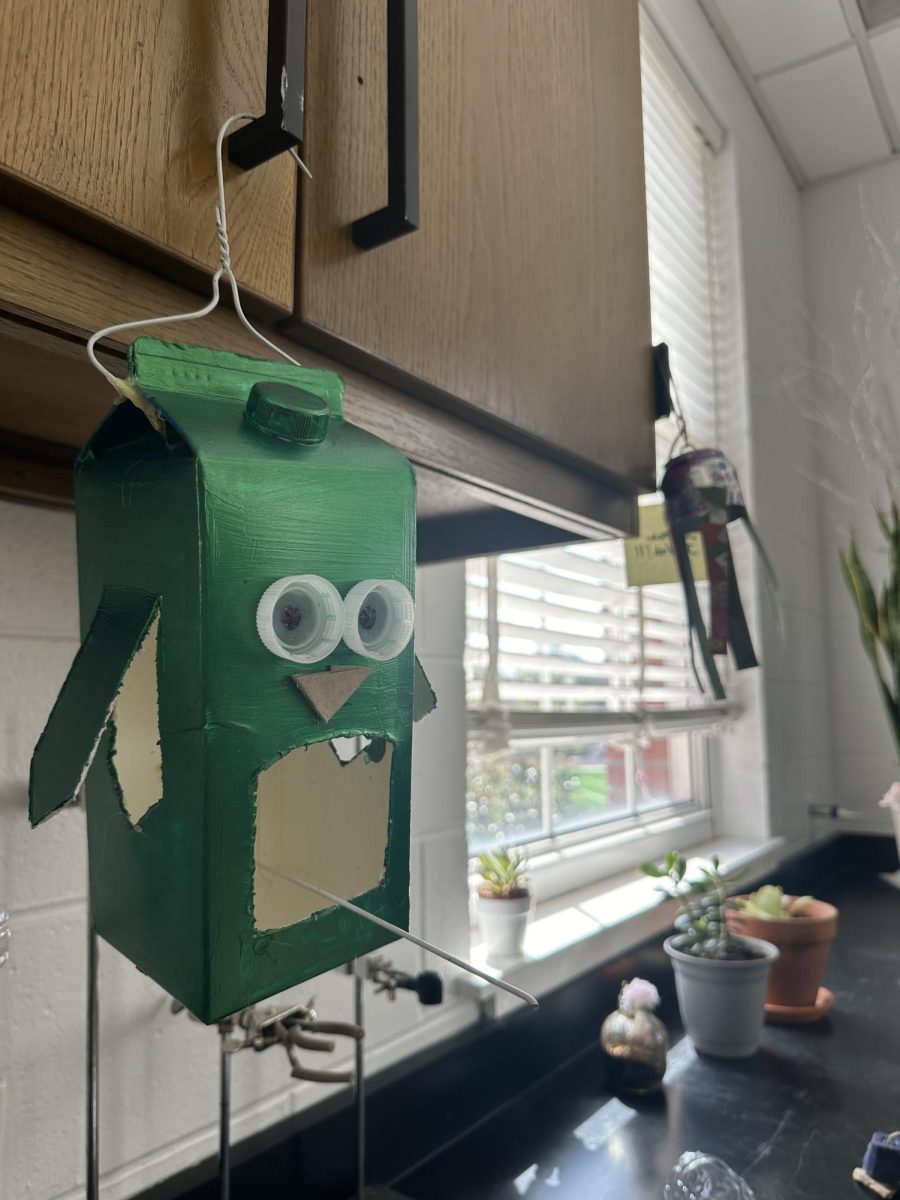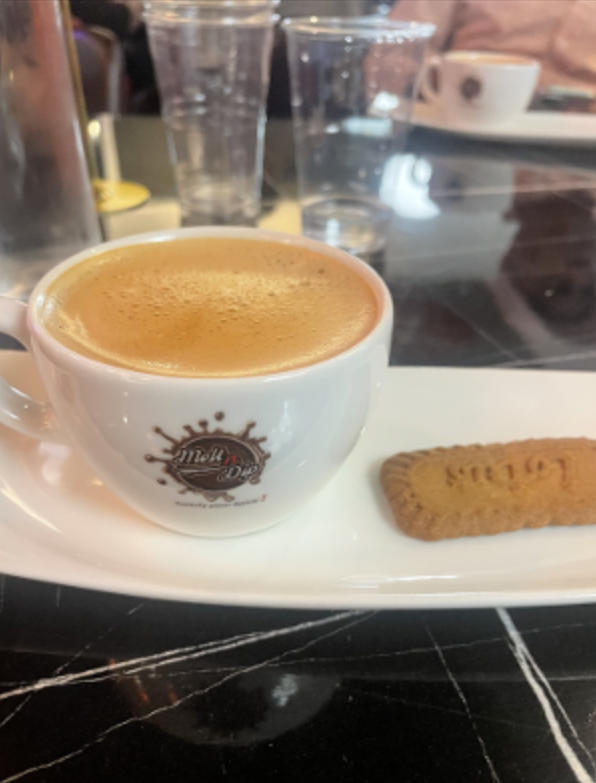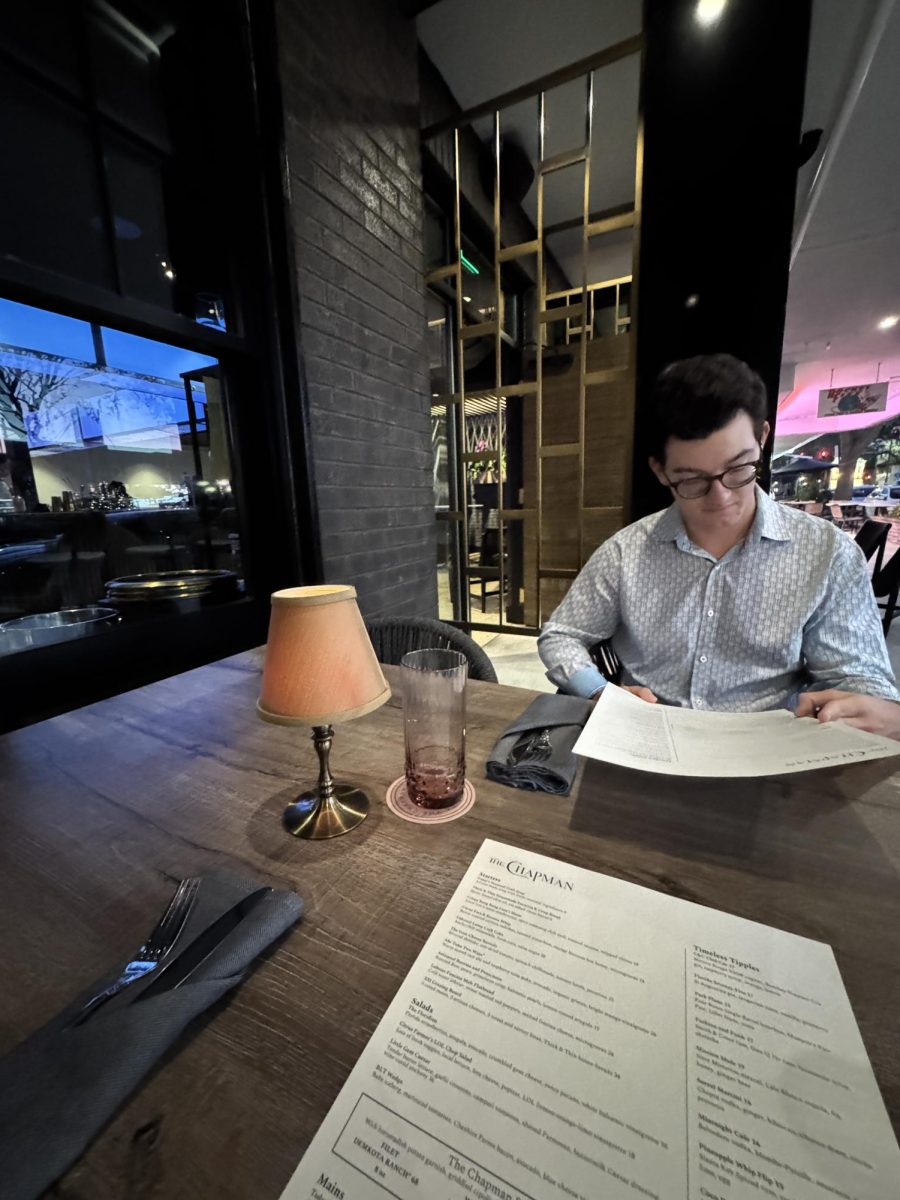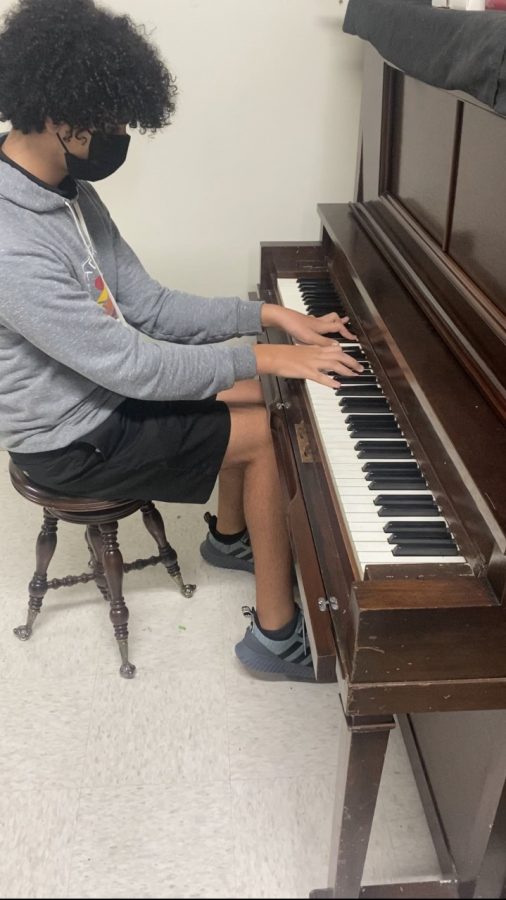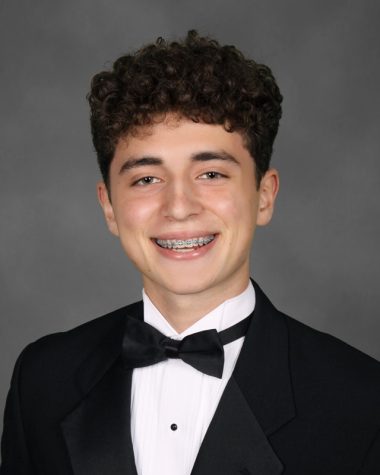Umasking the Rex Phantom
January 3, 2022
At Lake Highland, it is known that students from different backgrounds participate in a diverse array of extracurricular activities, from debate and STEM research to the multitude of arts LHP has to offer. In his second year as Dean of Students, Mr. Jonathan Hiett’s responsibilities have included strolling around campus and making a connection with students wherever he goes. But after stepping off the elevator up to the top of the Rex Dome one day, Mr. Hiett heard, “Piano music coming from the storage area off to the side. It was like coming across the Phantom of the Opera in the Rex Building,” according to Mr. Hiett. Walking throughout the entire Rex Dome, Mr. Hiett was introduced to Matthew Sos’s passion for the piano in the mechanical room. Ever since, not only has Mr. Hiett appreciated the intellectual curiosity Matthew has exhibited outside the classroom, by learning the intricacies of the piano, but also his appreciation for musical artforms.
Initially, Matthew thought of the piano as, “Buttons that sound good,” but as he continued to fidget with keys, scrolls, and melodies, Matthew began to appreciate the nuances of what goes into the creation of such tremendous sounds. Even though Matthew doesn’t quite remember when he first saw the piano—though it must have been because he was so enthralled by it—he’s found a quiet place outside of everyone else’s way when focusing on his craft. It’s just Matthew and the piano, with an infinite amount of possibilities when it comes to tunes he can create.
Now, you may think that this is a run of the mill piano just thrown into the Rex Dome for storage. Yet, this piano not only holds a special place in Matthew’s heart, but Lake Highland as a whole. Before being moved, this historically significant piano existed in a bank where Charles Edwin Bradshaw Jr., one of Lake Highland’s very own founders, once worked. More than just learning significantly more about Lake Highland’s unique history—something that many students don’t necessarily pursue or know much about—Matthew explained that the piano, “Has an extra way of hitting notes that is completely unique to its time period and device.” The curiosity about the piano is what makes Matthew a truly special student.
But why not join Lake Highland’s band or orchestra? Play a trumpet or the violin, perhaps? According to Matthew, “A major reason I played piano as opposed to another instrument is just the abundance of them at the school. Unlike a lot of instruments, pianos can be played almost anywhere without the need of purchasing one. This, and the ability to learn things online,… [makes the piano] arguably one of the easiest instruments to start learning.” Matthew believes that player piano, like the one at the top of the Rex are, “One of those instruments that you can learn a song on in a day without any background knowledge attached to it.” Matthew’s tutorial strengthened his desire to be a self-taught musician.
Practice doesn’t necessarily make perfect for Matthew, but it creates a niche for his self-taught artistry. Depending on his availability, Matthew practices 20 minutes to an hour a day. He’s used YouTube as a stepping stone to learn songs and used his initial, “Understanding to make songs more elaborate, or even make [them] own.” According to Matthew, the best way to learn more songs is when a player is naturally more knowledgeable of the piano’s sounds, from basic notes to complete melodies heightening in complexity.
As I walked through the heavy, wooden doors of the Rex Dome into the mechanical room, I noticed a line of scrolls on top of the piano. “What are those large scrolls for?,” I asked Matthew, taking an initial glance at the rustic-looking piano wedged in the corner of the hallway. Matthew first lifted the piano’s fall board, revealing a complex array of dampers, treble strings, and individual, “Actions.” But, what was most apparent was the existing scroll in the middle, that began turning at the press of a button below the keyboard to play a grandiose melody on its own. Music is created by blowing air through calculated holes of the scroll to communicate to the rest of the piano what keys to play. Matthew put it simply: “Most piano[s] [have] 88 keys, and [therefore] music rolls can have up to 88 holes cut on a horizontal line. Because the piano relies on the flow of air to work. These openings in the paper allow it to travel to its specific key.”
Because piano rolls are easily interchangeable, Matthew has actually bought piano scrolls online to diversify what the piano plays for him, not just what he plays for the piano. Matthew first looks for videos on YouTube of other people playing a certain song he wants the piano to play for him, and later looks for available items on Ebay fitting such a song. Since many scrolls may be old, given the antique songs they are playing, Matthew strives to purchase, “Songs that are not ripped because it makes it a lot harder for the piano to play [songs] correctly.”
Although Matthew doesn’t plan to perform professionally, the Lake Highland community should never forget the piano’s story or his recently discovered hobby. Matthew’s unique story of discovering a passion for an unknown instrument on campus is a testament to Mr. Hiett’s mission. Matthew himself feels that Lake Highland’s, “Welcoming atmosphere and positive working environment allows for a healthy relationship between school and personal life.” Matthew’s been given the opportunity to explore passions other than just academics where he can find not only enjoyment but also excellence in performance. Mr. Hiett appreciates making a bond with other students, but also believes that, “Michael’s dedication and appreciation for music and for this old piano player has been truly inspiring. He seems to have grown so much as a musician as a result of his experimenting and tinkering with that piano.” So next time you hear haunting melodies echoing from the Rex Dome, think of the self-taught artist behind them.



